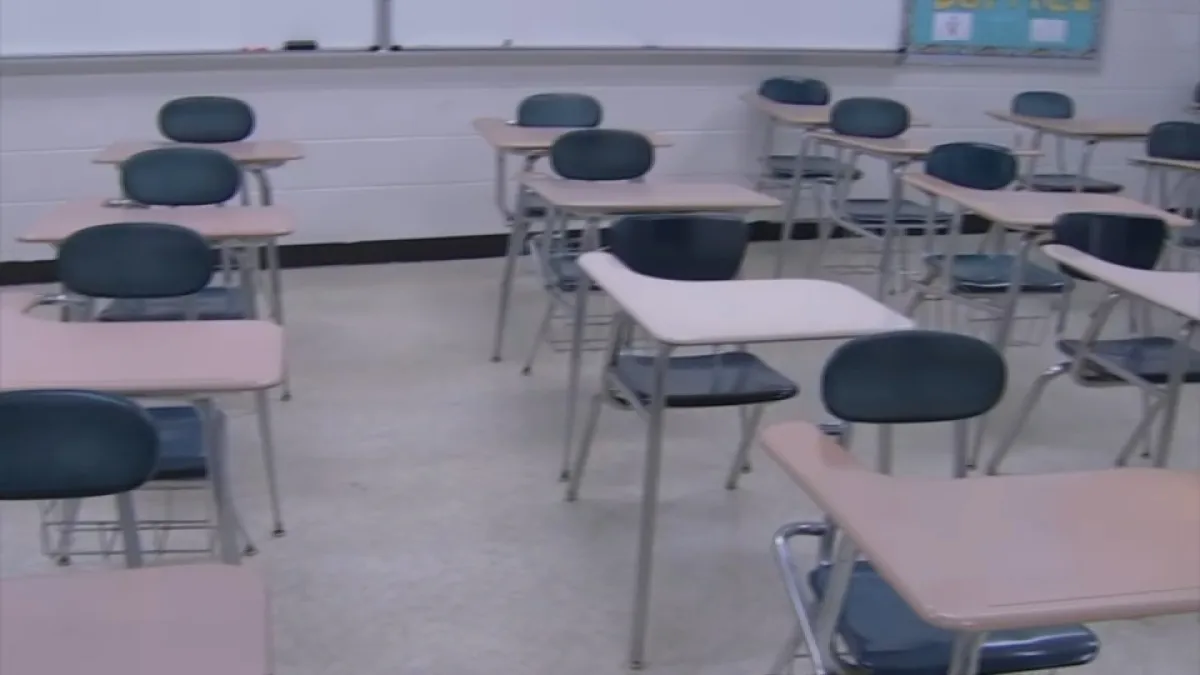Copyright NBC 5 Chicago

Illinois’ schools report card was released this week, and while it showed increased student proficiency in key areas, a scoring change sparked discussion. Those higher proficiency rates were found in math and reading scores on standardized testing released this week, but according to experts at Chalkbeat, a non-profit focused on journalism in the education space, a change in so-called “cut scores” have made an apples-to-apples comparison to previous years more difficult. Those cut scores are thresholds students need to be meet to be considered proficient, according to ISBE officials. The state said it changed those standards to help align test results with grade-level standards, but it also makes it trickier to compare scores to previous years. “This year we saw an increase in the number of students deemed proficient in math and reading,” Becky Vevea, Chicago bureau chief for Chalkbeat, said. The non-profit news organization took a close look at Illinois’ first standardized test results for school children for the year. Vevea said the change to the “cut scores” made it hard to compare to previous years. “In reading, it was a little over 50%, and in math, it was around 38%,” she said. “Those are both higher percentages than previous years, but it’s impossible to compare last year to this year, because the score needed to be deemed proficient changed, which makes comparison year over year much more challenging.” Vevea said the state’s Board of Education superintendent told Chalkbeat the proficiency rates would have increased even without the change to the “cut scores.” Local Other advocates had also flagged the potential issue in comparing test scores. “When the new proficiency scores were announced, that ISBE was changing this, a lot of parents in the coalition initially though ‘this is a problem,’” Jessica Handy, an advocate for the Stand With Children group, said. While Handy said the cut score changes may have impacted the proficiency rates, she did say there was some positive news in the data. “We can see that the algebra one-pass rate went up by almost two points, but what’s really cool about that is that Black students are really driving that, with 4.5% more Black students passing Algebra I in eighth grade,” she said. “That is really encouraging.” One area that Chalkbeat also pointed to as a potential issue was chronic absenteeism, saying the trend that started during the pandemic has not reversed itself. Chalkbeat reported data from Chicago Public Schools that altered previous years’ proficiency rates with the new cut scores, and the data showed an increase in math and reading proficiency within CPS, according to that data. Parents can find information on the newest report cards on ISBE’s website.



